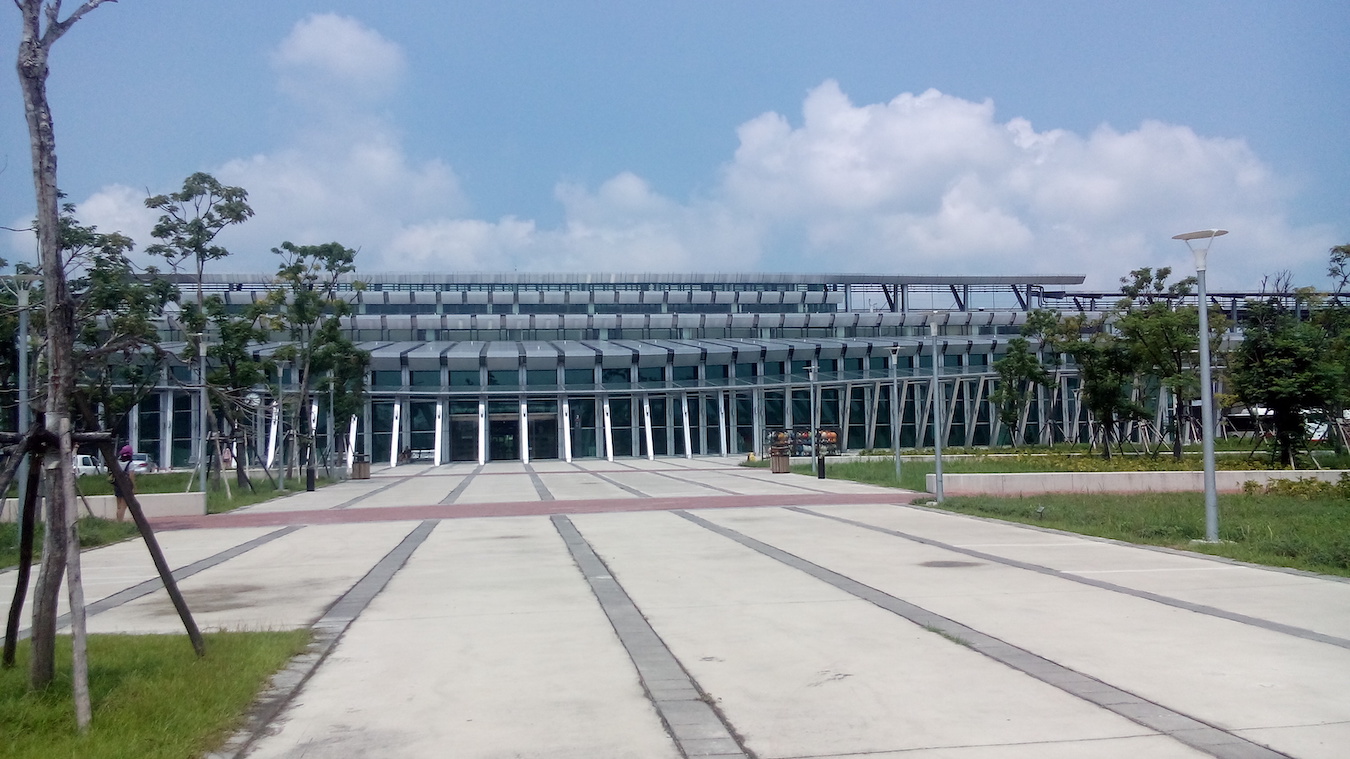by Brian Hioe
語言:
English
Photo Credit: Allentchang/WikiCommons/CC BY-SA 3.0
A RECENT INVESTIGATION by the Control Yuan, which resulted in the oversight body censuring the Yuan Ming Junior High School and Yunlin County Department of Education, should point to broader issues in Taiwan regarding corporal punishment in schools. The investigation was carried out by Control Yuan members Lai Ting-ming
The Control Yuan was acting on reports that the Yuan Ming Junior High School had implemented a dress code for students. This mandated short hair for male students, which violated Article 21 of the Observations on the Notice Governing Educators’ Teaching and Punishing of Students as Defined by Schools. The school also advised female students to wear light-colored underwear, which the Control Yuan stated was possibly in violation of the Gender Equity Education Act, with other rules regulating underwear, socks, and shoes. Students were also not allowed to have a say in their dress code, with the process for electing members of the dress code committee contravening Principles for Making Regulations on Students’ Clothing and Appearance in Junior High Schools.
What has drawn particular ire is the use of corporal punishment for students that violated the dress code. 60 students at the school were questioned, with nine reporting corporal punishment nearly every week, while four reported corporal punishment nearly every day. According to the Control Yuan, this violates the UN Convention on the Rights of the Child, specifically pertaining to physical and mental abuse. Although these issues were reported to the Ministry of Education in May 2020, the Yunlin County Department of Education did not act on the issue.
 Photo credit: S099001/WikiCommons/CC BY-SA 4.0
Photo credit: S099001/WikiCommons/CC BY-SA 4.0
The case calls to mind other recent lawsuits involving schools violating students’ rights to carry out forms of punishment. For example, earlier in September, an elementary school student was awarded 30,000 NT in compensation by the Shilin District Court. Namely, their teacher punished their failure to turn in a test, skipping a temperature check, and failing to turn in a lesson that they were supposed to copy three times by ordering that they climb up and down five flights of stairs for a total of ten times. They were to be watched by their classmates while they did this.
The student’s parents originally sought 200,000 NT in compensation from the state, on the grounds that this violated their child’s rights to “bodily autonomy and rights to health and freedom.” The school sought to defend this as an appropriate and suitable act of punishment, but was overruled, as this punishment also went against the school’s own guidelines.
Corporal punishment in Taiwan made international headlines earlier this year after a seven-year-old student practicing judo died from a brain hemorrhage after being body-slammed a total of 27 times by his instructor and other students. The instructor, surnamed Ho, was not a licensed instructor but was teaching students their second week of judo classes. Ho believed that the student, surnamed Huang, was faking a headache, as a result of which he ordered another student to throw him continuously.
Subsequently, Ho body-slammed the child ten times himself. As this was the second week of classes, the student did not know how to fall safely, to avoid harm. Ho continued even after Huang began vomiting. An ambulance was eventually called after Huang was unresponsive, but by then, Huang was bleeding from the brain.
The incident took place in April. After over 70 days in a coma, Huang was taken off of life support in late June and passed away. Ho was eventually sentenced to nine years in jail for violating Article 112 of the Protection of Children and Youth Welfare and Rights Act and Article 277 of the Criminal Code.
Such incidents, then, more broadly gesture toward issues with corporal punishment in Taiwan. More widespread discussion of corporal punishment takes place at a time of increased scrutiny towards cases of sexual assault committed by educators. In particular, there has been a greater focus on the issue after an administrative complaint was filed against a Taichung school principal for a case of sexual assault that took place 25 years ago. Similarly, educational authorities in Taichung are accused of inaction as well as attempting to cover up the case so that the principal could retire with his pension. This, then, perhaps points to the need for examining such incidents within the Taiwanese educational system.

